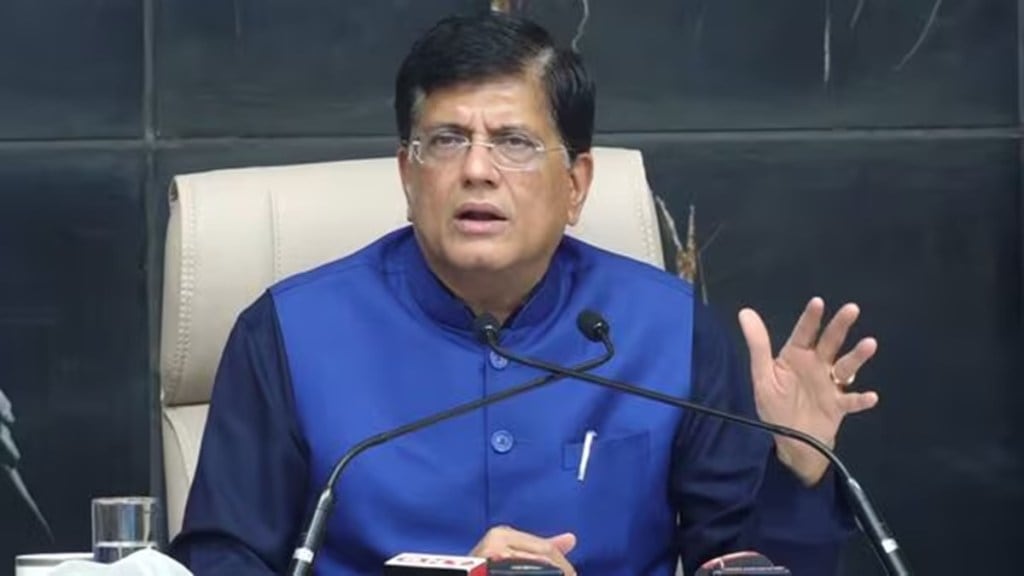India and the European Union (EU) are expected to conclude their Free Trade Agreement (FTA) negotiations “quite substantially” by the end of the ongoing 13th round of negotiations this week, commerce and industry minister Piyush Goyal said Tuesday.
“By the time my counterparts Maros Sefcovic, the EU Trade Commissioner and EU Agriculture Commissioner Christophe Hansen come to India, I think we will be quite set to try and conclude the agreement substantially,” he told reporters.
Around 60-65% of the chapters of the FTA have been finalised,” Goyal said. Before the start of the round commerce secretary Sunil Bathwal had visited Brussels for discussions with his EU counterpart.
Both Sefcovic and Hensen will visit India as the negotiators wrap up their latest round of talks. The current round of talks started on September 8 and will end on September 12.
India-EU FTA
The India-EU FTA negotiations re-started in June 2022. The FTA covers 23 policy areas or chapters, including Trade in Goods, Trade in Services, Investment, Sanitary and Phytosanitary Measures, Technical Barriers to Trade, Trade Remedies, Rules of Origin, Customs and Trade Facilitation, Competition, Trade Defence, Government Procurement, Dispute Settlement, Intellectual Property Rights, Geographical Indications, and Sustainable Development.
If the FTA negotiations do manage to cover substantial ground in this round, it will be possible to complete the negotiations by the end of this year, the deadline set in February by European Commission President Ursula von der Leyen and Prime Minister Narendra Modi.
Strategic benefits for India
The FTA is crucial as the 27-member bloc is the biggest trading partner of India with bilateral merchandise trade at $ 136.2 billion, though the US remains the biggest market. Exports from India stood at $ 75.8 billion while imports were $ 60.6 billion in 2024-25. Both sides also have a very robust services trade too which stood at $ 70 billion in 2023. India has a surplus of $ 9.25 billion.
Through this agreement, India is seeking preferential access to its labour-intensive exports like textiles and apparel, leather and other products like machinery, chemicals, pharma and metals. It is also seeking relaxation of visa norms for temporary workers for smoother delivery of services.
India is also seeking a carve-out for its steel and aluminium exports from the carbon tax imposed through the Carbon Border Adjustment Mechanism (CBAM). The tax will be collected from January next year. Its trade agreement with the US, the EU has granted this exemption for American exports of the products covered by CBAM.
The EU is seeking greater opening of the Indian market for its auto sector, wines and spirits, agriculture products like meat and poultry.

